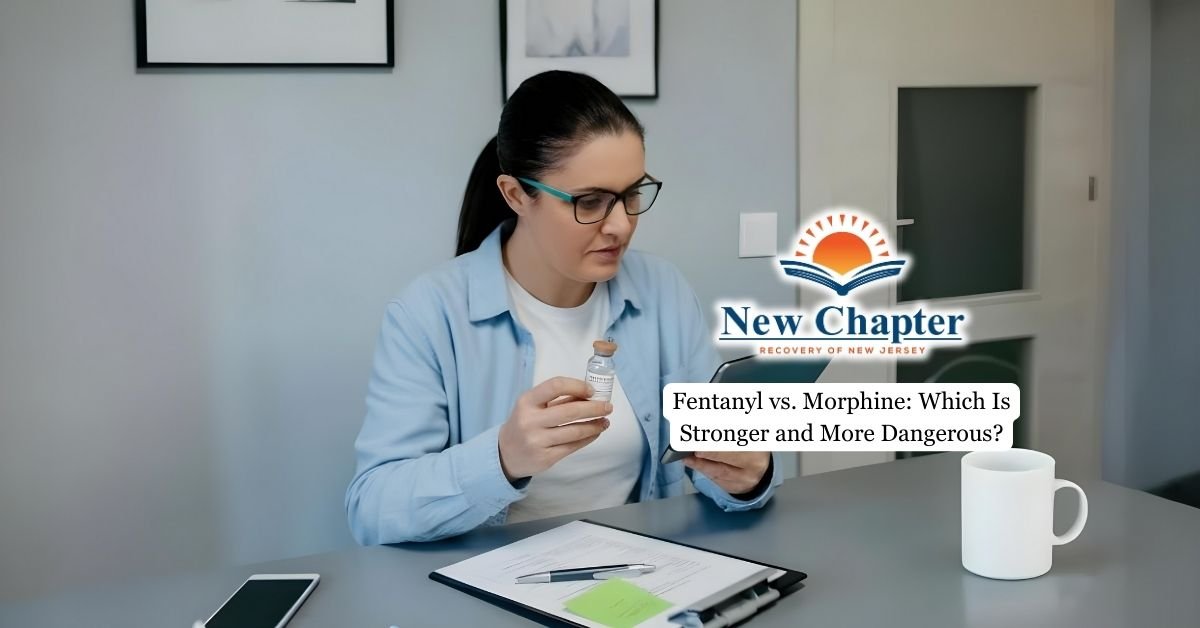Recovery from addiction is a lifelong journey that goes beyond simply abstaining from substances. The brain and body need time, care, and healthy routines to heal from the impact of substance abuse. Life skills training, when integrated into addiction treatment, can rewire the brain, strengthen self-control, and reduce vulnerability to relapse.
In this article, we’ll list habits that support long-term recovery and highlight common triggers to avoid, so you or your loved one can experience a steady, uninterrupted path to sobriety.

Proper Sleep
Sleep is often overlooked, but it plays a critical role in regulating the brain systems involved in addiction and relapse. When we sleep, the prefrontal cortex, the part of the brain responsible for decision-making and impulse control, gets restored. Without enough rest, this brain region becomes less effective, making it harder to resist cravings or think clearly during stressful moments.
Sleep also regulates neurotransmitters like dopamine and serotonin, which are often disrupted in addiction. Proper rest balances these systems, reducing mood swings and stabilizing motivation.
To improve sleep quality, establish a consistent schedule, avoid caffeine and screen time before bed, and create a calming bedtime routine.
Regular Exercise
Exercise is more than just physical movement, it’s a brain reset. When you exercise, your body releases endorphins and increases dopamine signaling, mimicking the “reward” pathways that substances often hijack. This helps restore balance to the brain’s reward system, reducing cravings and lifting mood naturally.
Physical movement also decreases cortisol, the stress hormone, which lowers relapse risk during difficult moments. Studies show that consistent exercise enhances neuroplasticity, the brain’s ability to form new, healthy connections, making it easier to build new habits in recovery. Aim for 30 minutes of activity most days, whether it’s walking, yoga, swimming, or group fitness classes.
Balanced Nutrition
Addiction often depletes essential nutrients, leading to fatigue, poor concentration, and unstable mood. Proper nutrition helps restore both body and brain health. Complex carbohydrates provide steady glucose, which fuels the brain and prevents the irritability that can come from blood sugar crashes. Proteins supply amino acids that the brain uses to produce neurotransmitters like dopamine and serotonin, supporting motivation and emotional balance.
Omega-3 fatty acids, which can be found in fish, nuts, and seeds, reduce inflammation in the brain and support neural repair. Vitamins like B-complex and magnesium help regulate stress responses and energy production. Eating balanced meals, staying hydrated, and limiting processed sugars, give your body the raw materials it needs to sustain addiction recovery.
Stress Management
Stress is one of the biggest relapse triggers because it activates the brain’s fight-or-flight response, flooding the body with cortisol and adrenaline. These chemicals make cravings stronger and decision-making harder. Learning stress management techniques rewires the brain to cope without substances.
Mindfulness meditation, for example, strengthens the prefrontal cortex and decreases activity in the amygdala, the brain’s fear center, reducing emotional reactivity. Deep breathing slows the nervous system, lowering cortisol levels in minutes.
Journaling or therapy helps process difficult emotions, preventing them from building up into relapse triggers. These practices can eventually create healthier brain pathways for dealing with life’s challenges.

Have a Sober Support Network
Addiction thrives in isolation but weakens in connection, as human brains are wired for social bonding, and positive relationships release oxytocin, a hormone that reduces stress and increases trust. Being surrounded by supportive people helps regulate emotions, increases accountability, and provides perspective when cravings hit.
Whether through family, sober friends, 12-step groups, or peer treatment programs, strong support groups give you both emotional support and practical tools. At New Chapter Recovery, our relapse prevention groups in NJ provide a structured rehab where individuals can build healthy habits, deepen accountability, and stay connected through every phase of healing. These groups are intentionally designed to offer both emotional and practical support.
Manage Your Urges
Cravings are natural because the brain’s reward system remembers past substance use. Urges usually peak and fade within minutes if not acted upon. Techniques like urge surfing, observing the craving as a wave that rises and falls, help retrain the brain to tolerate discomfort without giving in. Distraction strategies activate other brain circuits, while reframing negative thoughts reduces the emotional power of cravings.
Reaching out to your support network when an urge strikes also engages accountability, which strengthens self-control. Many individuals also benefit from joining a structured relapse prevention program, where they can practice these techniques in real-life scenarios and receive guidance on handling high-risk situations. These strategies weaken old neural pathways tied to addiction and reinforce healthier responses.
Old Habits to Avoid for Long-Term Sobriety
- People or Places Associated with Past Use: Being in those environments can reignite conditioned cravings.
- Excessive Stress: Unmanaged stress floods the brain with cortisol, intensifying urges.
- Isolation: Social withdrawal reduces oxytocin and increases risk of relapse.
- Ignoring Mental Health Needs: Anxiety, depression, or trauma can dysregulate the brain’s reward system if untreated.
- Overconfidence: Believing you can “handle just one” undermines brain recovery and often leads to relapse.
- Poor Self-Care: Skipping sleep, nutrition, or exercise destabilizes mood and lowers resilience.
Final Thoughts from New Chapter Recovery
Recovery is not just about avoiding substances, it’s about supporting the brain and body as they heal and adapt to life without drugs or alcohol. Habits like proper sleep, regular exercise, balanced nutrition, stress management, building strong support networks, and practicing urge control all play a measurable role in stabilizing brain chemistry, reducing relapse risk, and strengthening resilience over time
At New Chapter Recovery, we offer a relapse prevention program in New Jersey that helps individuals put these skills into practice within a supportive and structured environment. By combining evidence-based strategies with peer accountability and professional guidance, our program equips people in rehab with the tools they need to manage cravings, handle stress, and maintain long-term sobriety.






